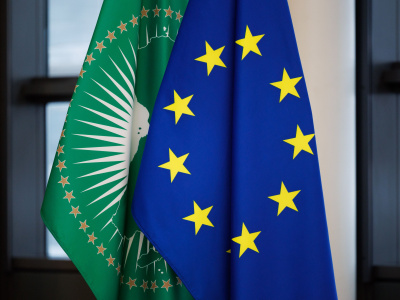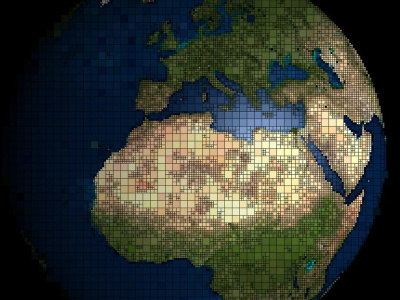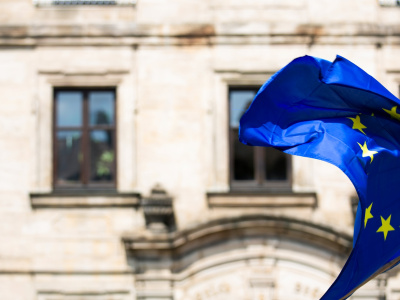Dear Europe,
First, let me congratulate you on your election to one of the largest chambers of democracy in the world.
Make up your mind
When I listen to Belgian debates on the future of Europe, especially those during the election campaigns, it is difficult to get an idea of what global role Europe has to play. Of course, the European elections in our country coincided with regional and national elections. You do not have to be a political genius to know that in that kind of a situation most attention goes to national political issues. When occasionally European themes were debated, across political parties we heard rather defensive stances “We have to protect ourselves against the Chinese!”, mixed with fear “How can we stop migration?” and pessimism “We won’t be able to keep our level of welfare in this fast changing world!”. Some had suggestions for the way forward: “We can only keep up if we do it together at the European level.” “Europe should show moral global leadership.” “We have to fight the root causes of migration.” Hopefully, you will be aware that being part of the European leadership means that whatever subject you deal with will have an extra-European dimension.
Africa and the EU: Communities of fate
If little was said about Europe-in-the-world during the campaigns, even less discussed was our special relationship with Africa. This is remarkable. Africa and Europe are communities of fate. What happens in Africa matters for Europe, and what happens in Europe matters for Africa. As Belgians we know how intimate our relationship with Africa is. Go to the Matonge area in Brussels, look at the candidates on the electoral lists (of all parties!) and at some of our best athletes; they all have African origins. Not to mention our most astute businesses that venture out in Africa.
There are good reasons to think about our relationship with Africa in this interconnected way. There is proximity: only 14 km separate Europe from Africa. There is the environment: one of the world’s biggest ecological hotspots is the Mediterranean basin. There is the issue of demography: by 2050 the African continent will be home to over 2.5 billion people. We can also add security to this list, as Africa and Europe share common threats like human trafficking. It is also about solidarity, as Europe is the source of more than one fifth of remittances. These go mainly from the African diaspora to African communities.
The Belgian federal government that is now exiting drastically changed our approach to international relations. Our relations with the DR Congo and Burundi have worsened and become quasi-non-existent. Our development cooperation apparatus has undergone profound institutional reform, aligning it more to our foreign policy and private sector interests.
You as parliamentarians now enter a completely different ball game. Africa and Europe are working on an alliance to further engage the two continents. It is a venture and an adventure. It is about intertwining the two economies and the two societies further. To construct our future together.
Whole of society approach
This alliance is a fascinating project that has to involve all the African countries, but also all the European member states. We have to look at our relationship with Africa in a different way. It is not about us and them anymore. It is now about us, Africans and Europeans alike.
We therefore have to engage the whole of our Commission (not only DEVCO and EEAS), the whole of our governments (not only the ministries of development cooperation) and the whole of our societies (not only the non-governmental development organisations). We in Belgium are already experimenting with this. We have our development agency Enabel that works with many other Belgian ministries in its development programmes. We have what we in Belgium call “fourth pillar organisations”. These are organisations that traditionally did not deal with the Sustainable Development Goals but now have discovered how important they are. Then there are the social partners, social enterprises, diasporas, schools and universities, local authorities and proactive individuals. These number in the thousands in our country.
It is no longer a vertical North-South story. It is about horizontal partnership and co-development. We swim or drown in the waters of globalisation together. The traditional deficit model, which told us that Africa needs our help, has to be replaced by an opportunity model. This means that the donor-recipient model that dominated development cooperation is being transformed into a mutual interest model where we look for win-win-win operations. We have to co-create our common future and therefore be more innovative, more entrepreneurial, experiment more and, more often than not, take risks. Fundamentally our plan-centred model of development cooperation has to make room for a more human-centred model. Because in the end it is about human development in this globalising world.
The future can accommodate the wishes of the European people and those of people in other places on this earth, including the next generations.
Good luck!
About the author
Patrick Develtere, Principal Advisor, European Political Strategy Centre, European Commission
Patrick.develtere@ec.europa.eu
Read the full magazine issue









